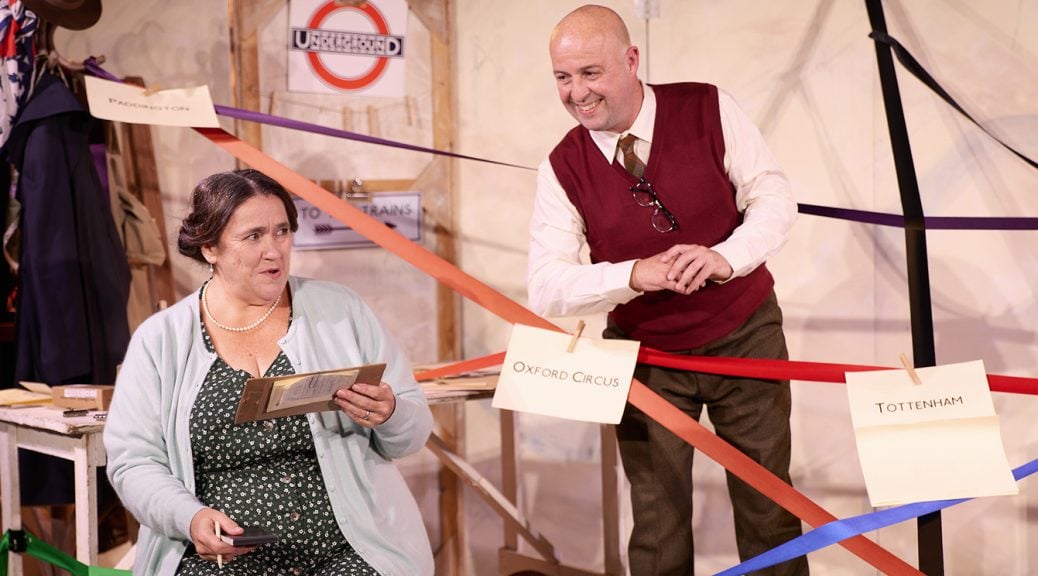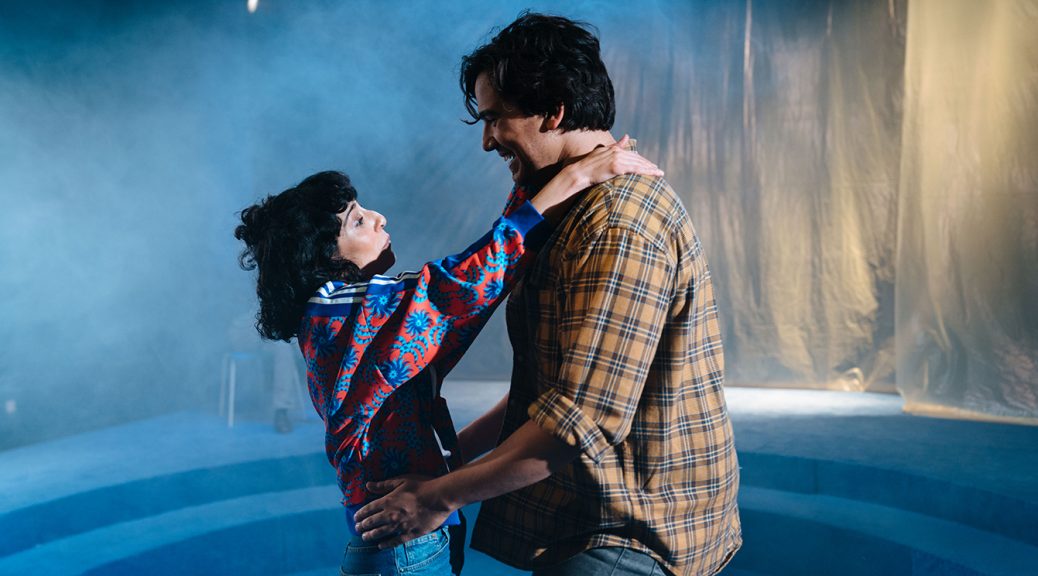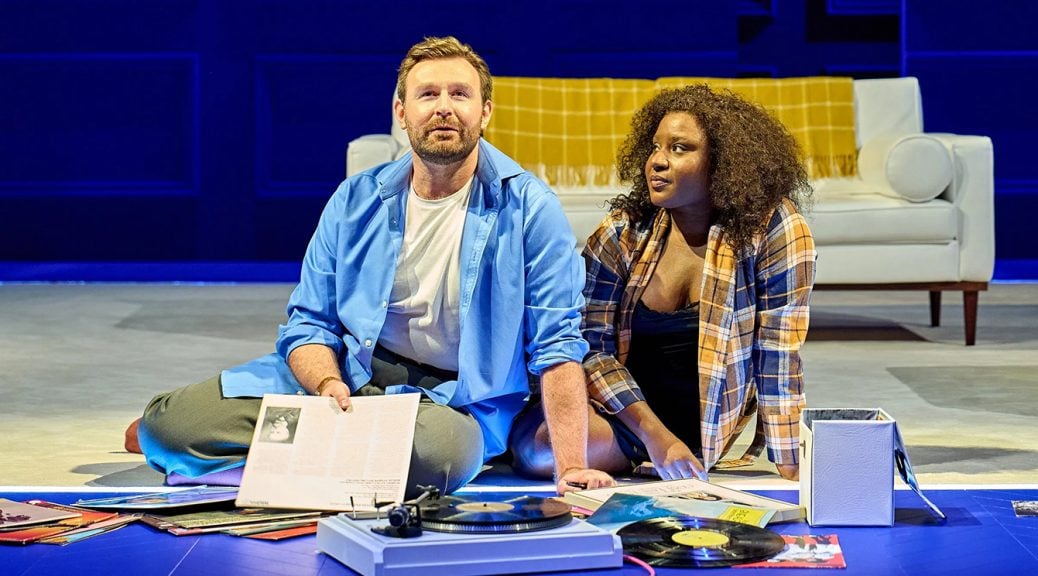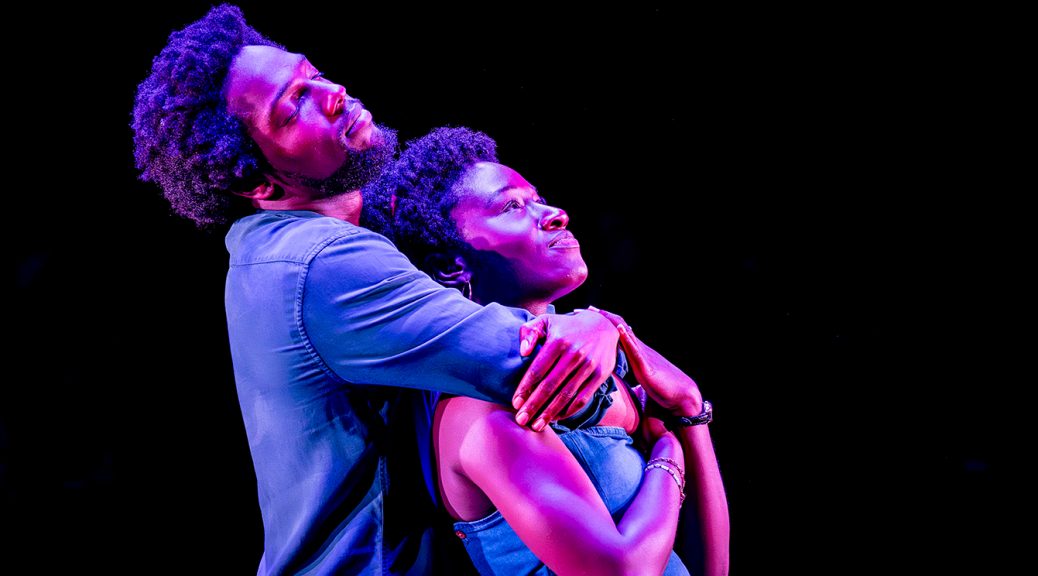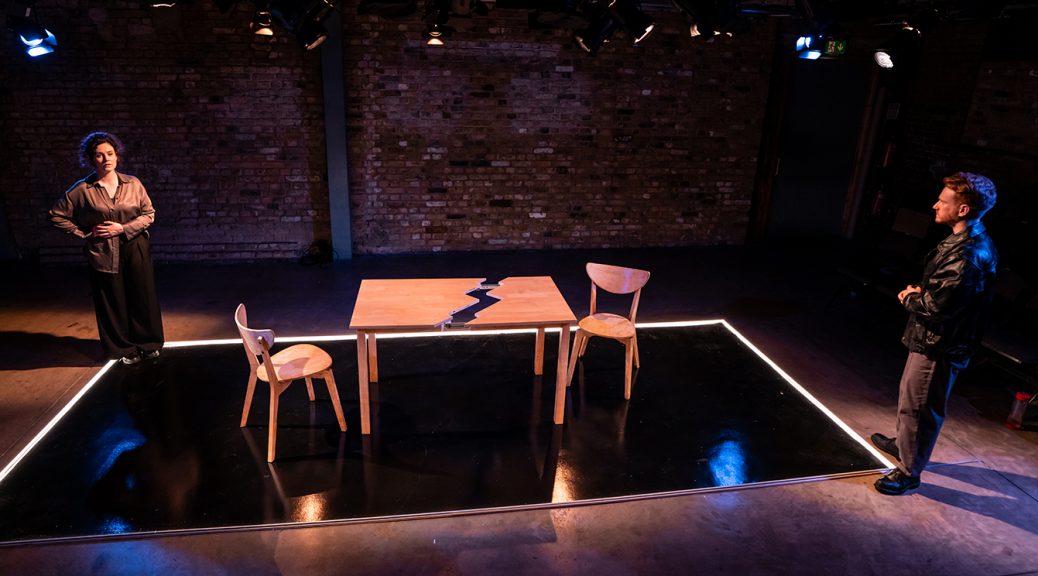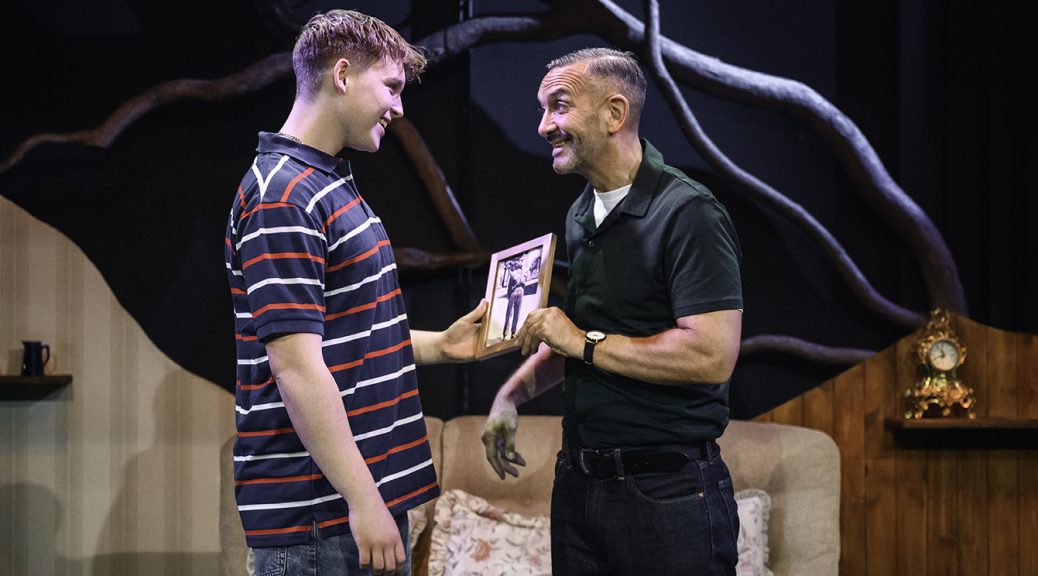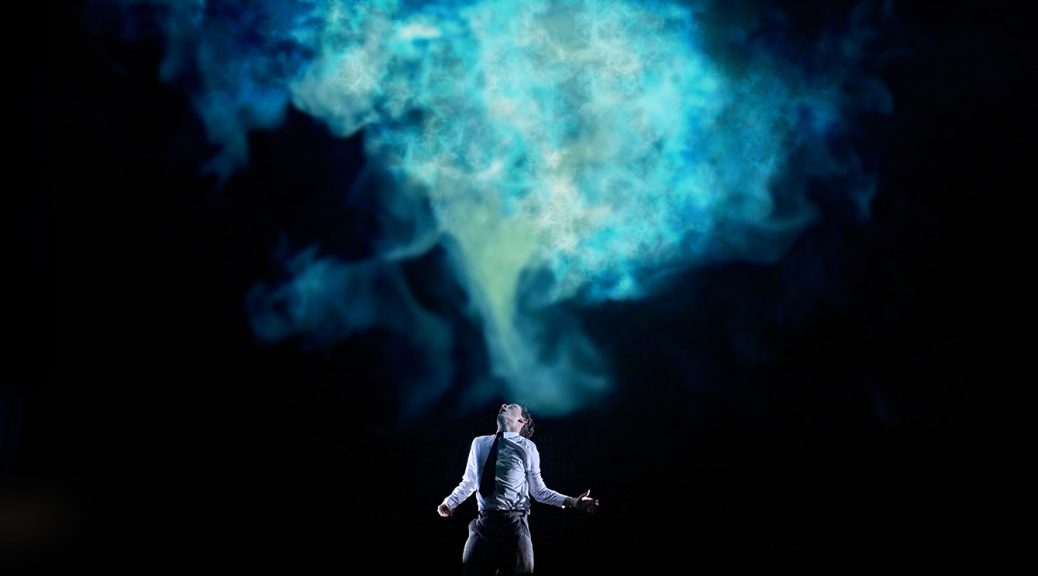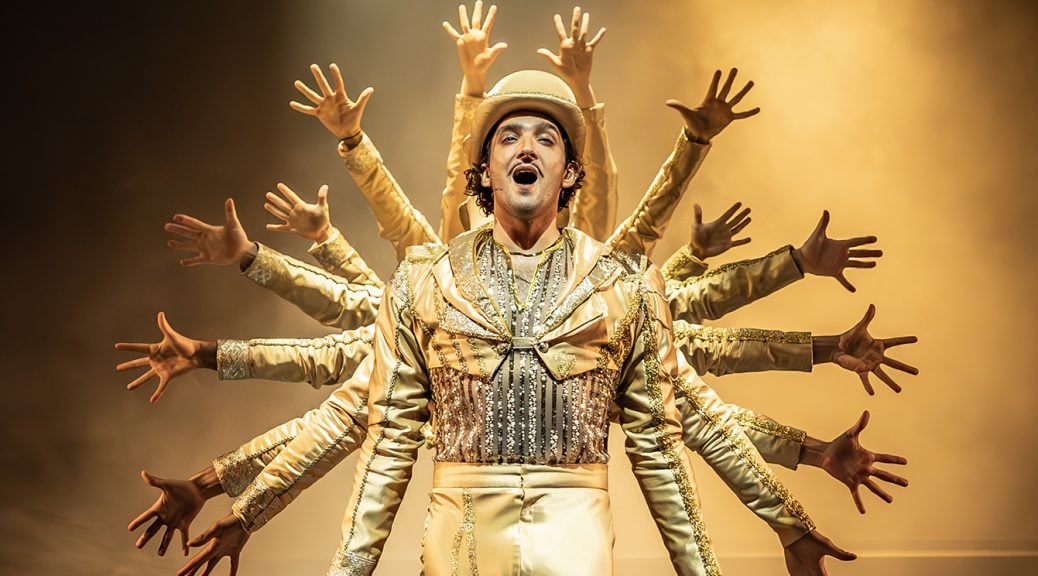Writer and director Andy Burden is open about the lack of dramatic potential in his subject. The man who drew the London Underground map – or rather, diagram – had a “simple” life and didn’t do much. Harry and his wife, Nora, tell us this from the start and, with such charm and modesty, they are immediately appealing. Burden and his two excellent performers make sure our affection for the couple only grows.
The Becks also reveal that not much is known about their quiet life, so some artistic licence is taken (in itself showing how unsung and unrewarded Harry was). While the play has three moments of “rejection” to give it structure, this is a bit of a red herring. What’s really going on is a romance. The Truth About Harry Beck is the story of a marriage as much as a map (sorry, diagram).
A lot of the show’s success is down to the adorable Becks. Burden knows his audience are likely to be keen on transport and design, so Harry’s obsession has a head start. Even so, Nora is a little too long-suffering to be believed. There’s a reliance on nostalgia, with everyone being very polite and restrained. And the couple’s shared love of inventions is too repetitious a method of showing the passage of time. But their marriage is so sweet that it’s a pleasure to watch, and the enthusiasm for Beck’s work is contagious.
There are jokes in the play, even if they aren’t really that good (some of the puns are terrible). But the humour is so gentle that it has its own appeal. And the whole piece is held together by accomplished performances from Ashley Christmas and Simon Snashall. Both are natural comics – Snashall makes Beck quirkily endearing with an ability to show snatches of tension that might derail (sorry) the general tone. Christmas has several accents down to perfection and has great fun taking on other roles.
Beck’s work was such a success that an audience has to be reminded how revolutionary it was, and this is a big ask. The Natural Theatre Company, which presents the show, specialises in working with educational projects and its skill shows – a scene using ribbons to explain Beck’s ideas is excellent. A lot of information is absorbed very painlessly. Best of all, though, there’s real heart here, which makes the play a surprise and a delight.
Until 10 November 2024
Photo by Mark Douet

